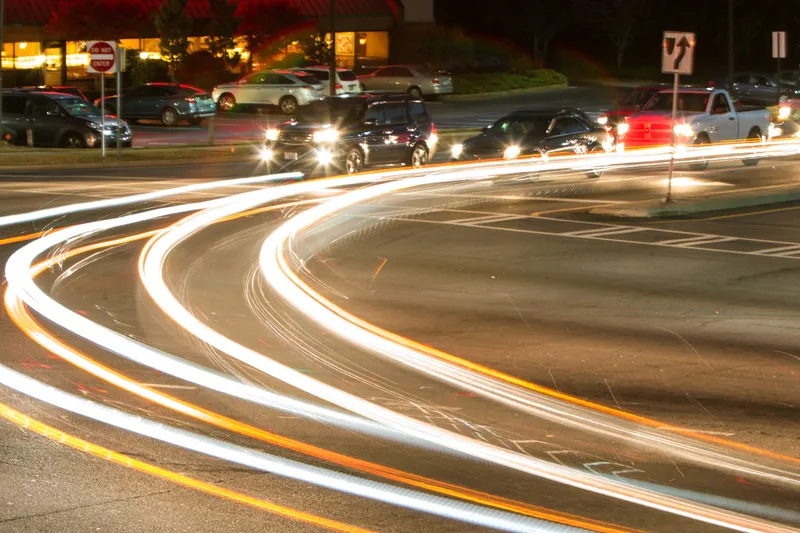Funded by the National Science Foundation’s Cyber-Physical Systems program, the research was led by a multi-disciplinary team of researchers with expertise in traffic flow theory, control theory, robotics, cyber-physical systems, and transportation engineering.
The team conducted field experiments in Tucson, Arizona, in which a single autonomous vehicle circled a track continuously with at least 20 other human-driven cars. Researchers found that by controlling the pace of the autonomous car in the study, they were able to smooth out the traffic flow for all the cars. For the first time, researchers demonstrated experimentally that even a small percentage of such vehicles can have a significant impact on the road, eliminating waves and reducing the total fuel consumption by up to 40 percent. Moreover, the researchers found that conceptually simple and easy to implement control strategies can achieve the goal.
The use of autonomous vehicles to regulate traffic flow is the next innovation in the rapidly evolving science of traffic monitoring and control, Work said. Just as fixed traffic sensors have been replaced by crowd-sourced GPS data in many navigation systems, the use of self-driving cars is poised to replace classical freeway traffic control concepts like variable speed limits. Critical to the success of this innovation is a deeper understanding of the dynamic between these autonomous vehicles and the human drivers on the road.
According to Daniel B. Work, assistant professor and a lead researcher in the study, the experiments show that with as few as five per cent of vehicles being automated and carefully controlled, stop-and-go waves caused by human driving behaviour can be eliminated.
The researchers say the next step will be to study the impact of autonomous vehicles in denser traffic with more freedom granted to the human drivers, such as the ability to change lanes.
University research shows a few self-driving cars can improve traffic flow
The presence of just a few autonomous vehicles can eliminate the stop-and-go driving of the human drivers in traffic, along with the accident risk and fuel inefficiency it causes, according to new research by the University of Illinois at Urbana-Champaign. Funded by the National Science Foundation’s Cyber-Physical Systems program, the research was led by a multi-disciplinary team of researchers with expertise in traffic flow theory, control theory, robotics, cyber-physical systems, and transportation engine
May 15, 2017
Read time: 2 mins
The presence of just a few autonomous vehicles can eliminate the stop-and-go driving of the human drivers in traffic, along with the accident risk and fuel inefficiency it causes, according to new research by 4963 the University of Illinois at Urbana-Champaign.









